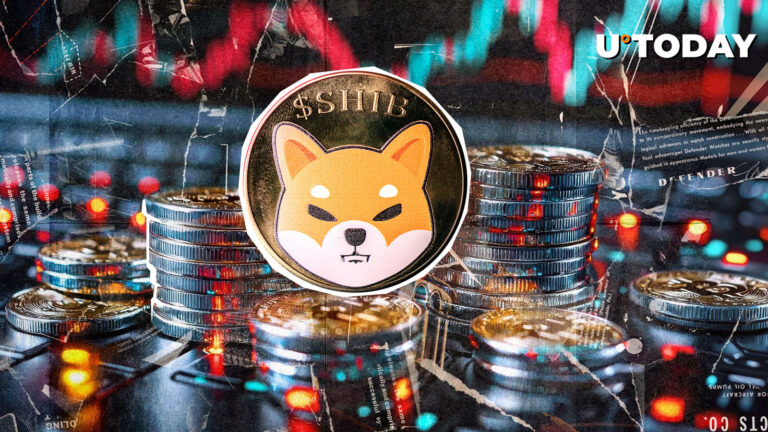Non-Fungible Tokens (NFTs) Used in Legal Proceedings: A New Frontier in Notification
The Case in Brazil
A court in Brazil recently made history by authorizing the use of non-fungible tokens (NFTs) to notify unidentified defendants in a case involving missing Bitcoins (BTC) tied to an alleged pyramid scheme, BWA Brazil. This groundbreaking decision marks a significant step forward in the intersection of technology, blockchain, and law.
Understanding Non-Fungible Tokens (NFTs)
Non-fungible tokens (NFTs) have taken the digital world by storm in recent years, revolutionizing the concept of ownership and provenance in the virtual realm. Unlike cryptocurrencies such as Bitcoin, which are fungible and can be exchanged on a one-to-one basis, NFTs are unique digital assets that represent ownership of a specific item or piece of content.
The Implications for Legal Proceedings
The use of NFTs in legal proceedings opens up a host of possibilities for the legal system. By leveraging blockchain technology, courts can ensure the authenticity and verifiability of notifications, evidence, and other legal documents. This added layer of security and transparency could streamline court proceedings and reduce the likelihood of fraud or tampering.
Furthermore, the use of NFTs could simplify the process of notifying unidentified or hard-to-reach defendants, as was the case in the BWA Brazil matter. By issuing NFTs as legal notifications, courts can ensure that defendants receive important information in a secure and tamper-proof manner, even if their identities are unknown or their whereabouts are undisclosed.
Impact on Individuals
As an individual involved in a legal case, the use of NFTs could have a direct impact on your rights and responsibilities. By receiving legal notifications in the form of NFTs, you can be assured that the information is authentic and verifiable, reducing the risk of misinformation or fraud. Additionally, the use of NFTs in legal proceedings could lead to more efficient and transparent court processes, potentially expediting the resolution of cases.
Impact on the World
On a global scale, the use of NFTs in legal proceedings could herald a new era of digital innovation in the legal system. By embracing blockchain technology and smart contracts, courts around the world could enhance the security, efficiency, and transparency of legal proceedings. This could lead to greater trust in the legal system, reduced fraud and corruption, and improved access to justice for all individuals.
Conclusion
The authorization of non-fungible tokens (NFTs) for use in legal proceedings represents a significant milestone in the evolution of the legal system. By harnessing the power of blockchain technology, courts can ensure the authenticity, verifiability, and security of legal notifications, evidence, and other documents. This innovative approach has the potential to revolutionize the way we think about legal proceedings, ensuring greater transparency, efficiency, and trust in the legal system.






